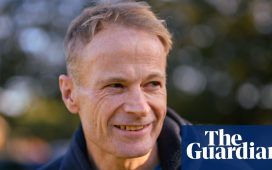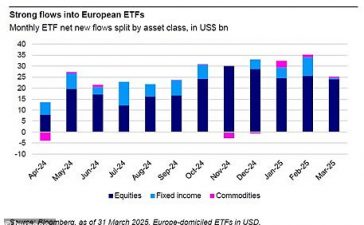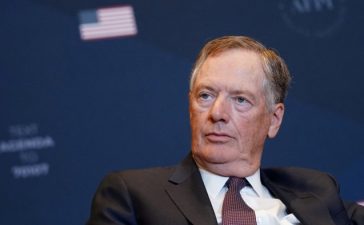Rishi Sunak has come under fierce attack from UK climate experts for the Conservative government’s failure over the past 18 months to appoint a new chair of the independent committee that advises ministers on emissions targets.
In a letter to the prime minister leaked to the Observer, the UK’s leading organisation working on the economic effects of global warming condemned the “excessive delay” in finding a replacement to the previous chair, Lord Deben.
Bob Ward, the Grantham Research Institute on Climate Change’s head of policy, warned Sunak that the delay is harming efforts to control carbon emissions and damaging the UK’s reputation as a climate change leader.
“Given that the recruitment of the new chair began 18 months ago it is inexplicable that the appointment has still not been announced,” wrote Ward. The work of the committee is at a “critical stage”, he added. “It is not helpful that it does not yet have a new chair as it carries out this work.”
The economist Lord Stern, who is chair of the institute, said: “It seems to be yet another signal that the government does not take climate change policy seriously enough. All this is damaging the confidence of other countries and of investors in the UK’s commitment to climate action.”
The failure to find a new committee chair is the latest example of a lack of consistency displayed by Sunak towards his party’s green commitments. This year, he dismayed environmentalists when he announced legislation for an annual system of oil and gas licensing in the North Sea which followed a scaling back of other measures including delays to a ban on the sale of new petrol and diesel cars.
The Climate Change Committee is a body of experts set up under the 2008 Climate Change Act to guide national policies for controlling emissions and for helping the country prepare for the impact of global warming. In the past, it has been highly critical of Britain’s poor performance in areas including the nation’s flood defences and domestic energy efficiency.
In July 2022, it was announced that Lord Deben – who was due to stand down – would continue in the post for an extra nine months while a new chair was sought. A year and a half later, the post is still vacant with Prof Piers Forster acting as interim head.
Ed Miliband, shadow secretary of state for climate change, said it was critical that the UK became a clean energy superpower in order to cut power bills for families and to make the nation energy independent.
“This is yet another sign that the Conservatives have given up in the fight for lower bills, energy independence and climate leadership,” Miliband said. “Rishi Sunak should end the delay and make this crucial appointment as soon as possible.”
A key role of the committee is to set out the future amounts of greenhouse gases the UK can emit. The next carbon budget – the UK’s seventh – will delineate how much can be emitted for the period 2038 to 2042.
“The budget must be agreed by the first half of 2025 and be built on robust analysis and rigorous involvement by the committee,” added Ward. “The fact it will still not have a chairman in place by 2024 to direct this work is deeply concerning.”
Lord Deben agreed that a replacement was needed as soon as possible. “It is very important that a successor be appointed because they have to start work on the seventh carbon budget. That takes a couple of years.”
Government sources said the new chair needed to be approved not only by ministers in London, but also by the Scottish and Welsh parliaments, and the devolved government in Northern Ireland. This process is understood not yet to be complete.
One of the front runners for the job is said to be former Tory minister and president of the Resolution Foundation think tank David Willetts.
A government spokesperson said it remained committed to existing climate change targets and is on track to meet net zero in 2050. They also said they would appoint a permanent chair “in due course”.











